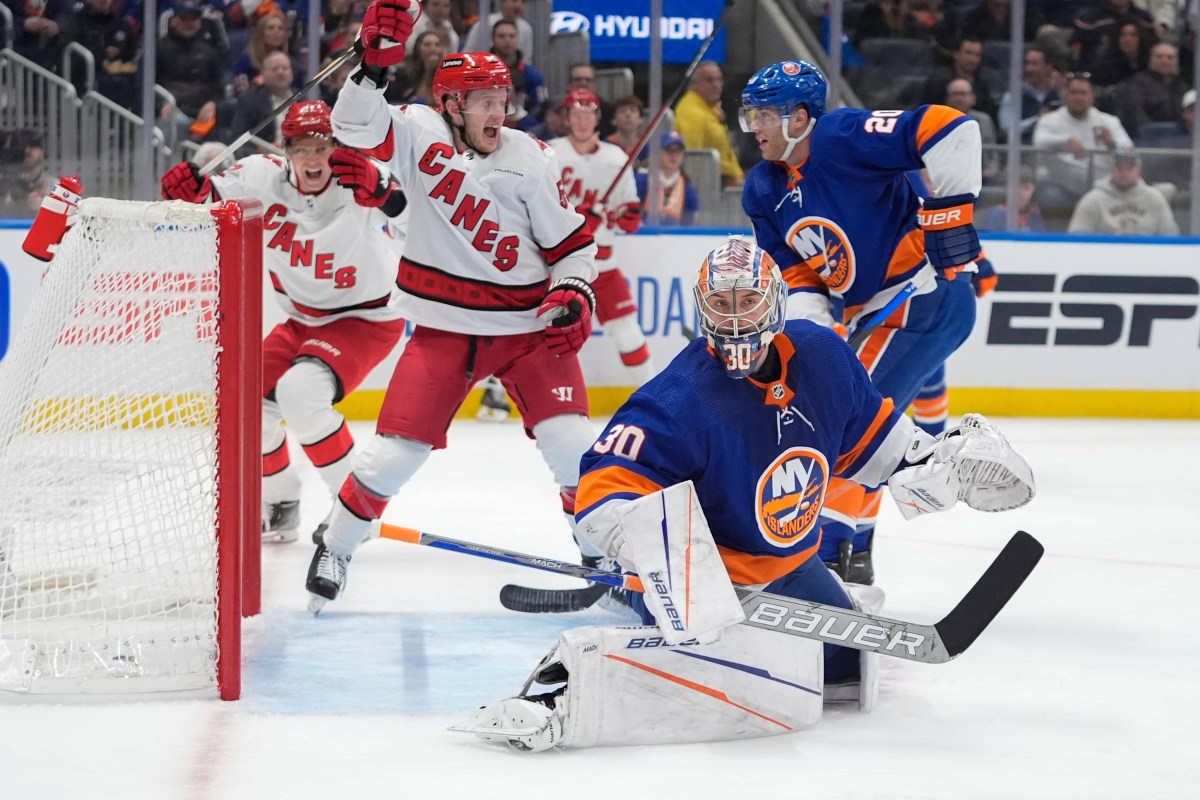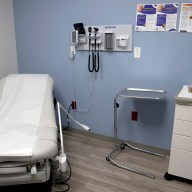You can blame one more thing on LeBron James — the NBA’s current labor strife.
Now that NBA owners have joined its football brethren with a lockout of its own, the main sticking point from the owners – particularly the small-market ones – is that the rich are getting richer, not only monetarily but with stacking their rosters.
Thanks to the alleged behind-the-scenes complicity of James and his superfriends — Dwyane Wade and Chris Bosh — joining forces in Miami, the league was basically sent over the edge of no return. When James decided to jettison small-town Cleveland for the glitz and glamour of South Beach, it was the straw that broke the Collective Bargaining Agreement’s back because it once again showed that the small market clubs couldn’t compete.
James’s defection nearly crippled the Cavaliers while strengthening yet another major market. Sure, The King wasn’t alone – Carlos Boozer dissing Utah for Chicago and Carmelo Anthony forcing Denver’s hand in a trade to New York are other examples – but it was mostly James’s and the Heat’s arrogance that stockpiling a roster and fleeing to bigger markets was the only way to build instant winners.
This type of never-to-be-proven collusion basically forced the league to reexamine how teams are doing business. Commissioner David Stern stated that thanks to the mismanagement of several teams and the fact that star players seem to be calling the shots, it’s ruined the balance of the league and caused a great divide between the haves and have-nots. In fact, according to Stern, 22 of the 30 franchises were losing money and with no end in sight, the lockout was deemed “inevitable.”
Billy Hunter, Executive Director of the NBA Players’ Association, basically agreed with Stern – about the only time that sentence will be read for the foreseeable future.
“We’ve been anticipating this for two-three years,” Hunter said, once the lockout became official. “[Now that the lockout has been enforced] maybe now we can really begin to negotiate.”
Unlike NFL owners, who are trying to split $9 billion in revenue with the players, the NBA owners are crying poverty. Their biggest gripes are how to share $4 billion in revenue, trying not to have teams relocate [Sacramento Kings] or contract [league-owned New Orleans Hornets], and trying to wrest back control from the players, who are now seemingly dictating how teams are being built in this new era of stockpiling.
Free agency changes the face of NFL teams on an annual basis but the league doesn’t have the same problems as the NBA. Relocation may eventually come up once Los Angeles builds a new football stadium but there isn’t a call for contraction because teams aren’t able to hoard talent anymore due to the hard salary cap. The NBA Players Association’s unwillingness to accept a hard cap – the old CBA called for teams to be given a dollar-for-dollar “luxury tax” penalty if they went over the soft cap – is what turned out to be the downfall of most mismanaged teams. While NBA franchises were handing out tens of millions of dollars to mediocre players [Eddy Curry, stand up], NFL teams like the Giants mostly rounded out their roster with good, cheap, base-salary players like Ahmad Bradshaw, who earned only $550,000 while giving the squad a great return on their investment [1,235 yards rushing and eight touchdowns].
Plus, once an NFL team is done with a player they can simply release him with no more financial ties to him, save for his signing bonus. Meanwhile, NBA teams can waive a player but still be on the hook for the remainder of his salary. Guaranteed contracts have turned out to be a godsend for NBA players but hellacious for NBA owners.
Naturally, NBA owners want to replicate what the NFL has — including a “franchise tag” — while NBA players have no such desire to go that route.
“They’re asking for a deal that is worse than hockey, which is considered to the be the worst CBA deal in sports history,” snarled San Antonio Spurs forward Matt Bonner, who is also a Union Executive Committee Member.
NBA Deputy Commissioner Adam Silver disagreed with Bonner’s assertion that the owners are trying to cripple the union and basically said the league office is trying to save the owners from themselves.
“The expired CBA created a broken system that produced huge financial losses for our teams,” Silver said. “We need a sustainable business model that allows all 30 teams to be able to compete for a championship, fairly compensates our players, and provides teams – if well managed – with an opportunity to be profitable.”
The NFL’s hard-line date to settle their conflict is July 15 because anything after that means training camps get pushed back and pre-season games start getting missed, which most importantly means real money starts getting lost. The first such exhibition is the Hall of Fame Game, August 7, which means to avoid a public relations nightmare – and most importantly to the players and owners — lost revenue, they’ll certainly figure out how to divvy up the pie.
The NBA, however, may be a different story. Many pundits believe this is a battle that may not end until early 2012 – or maybe miss the entire 2011-12 season altogether. Stern has precedence in this matter before and has stated he’s unafraid of losing actual games or alienating the fans, so the hard line has already been drawn in the sand.
“I’m not scared. I’m resigned to the potential damage it can cause to our league,” said Stern, who added that teams will be fined $1 million if they have contact with players. “These things have a capacity to take a life of their own and you can’t predict what will happen or where this will lead.”
The NBA now faces its first work interruption since the 1999 season when the league and player’s union didn’t come to an agreement until the 11th hour, in mid-January. The league was forced to have a shortened season – from 82 games to 50 – resulting in a mad dash to the playoffs, culminating in what Phil Jackson once snidely dubbed as the “asterisk championship season” for the Spurs.
Things look far bleaker for the NBA than the NFL, but if you’re an eternal optimist it should be noted the last time the NBA had a lockout, New York made the Finals. Perhaps there is a silver lining for Knicks fans afterall.
















